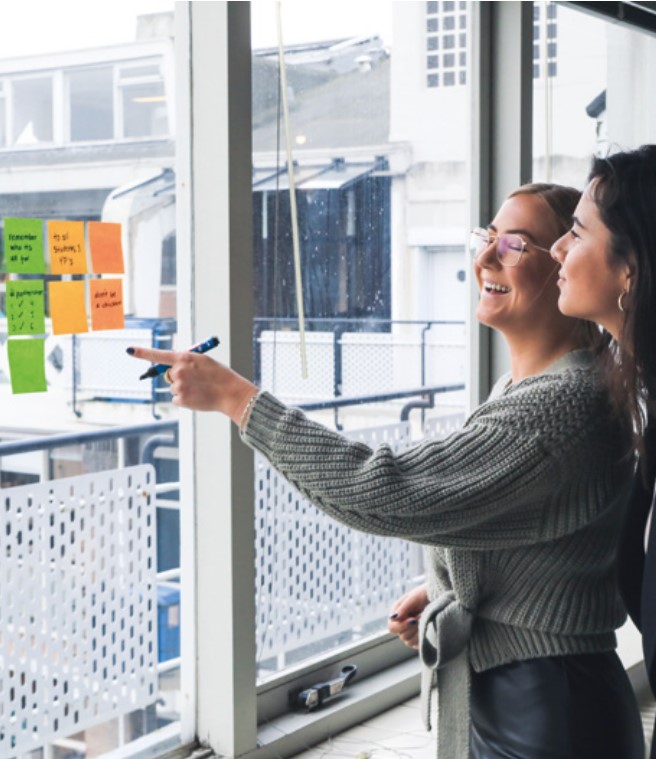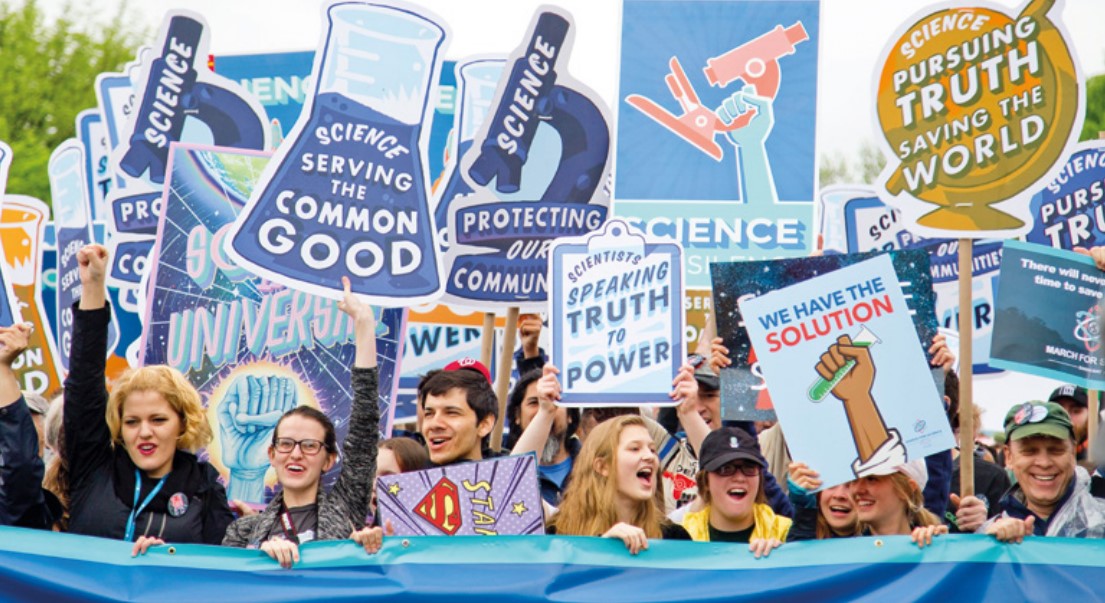The MCAA in the new era of European Projects - MCAA Magazine February 2023
Over the past few years, the MCAA has taken part in two Erasmus+ Projects. Now, the association has strengthened its collaboration with several partners in order to jointly work on some of the most relevant topics affecting researchers’ lives. Two projects were recently funded, one focuses on promoting citizen science and the other one on contributing to sustainable researcher careers. These projects will allow MCAA to contribute to these crucial topics and engage in discussions with policymakers, Member States, universities, and several other key stakeholders.


The ECS project
In the last decade, citizen science has received increasing attention due to its importance in research and innovation. However, the true potential of the topic is yet to be explored. In addition, the topic is experiencing several challenges including lack of awareness, funding and capacities, inadequate resources among many others.
This is why the MCAA joined forces with 20 other organizations around Europe to tackle these challenges and make European Citizen Science an integral part of the European Research Area. The major objectives of the European Citizen Science (ECS) project are:
- Empowering the European citizen science community through co-design and co-creation
- Strengthening the links and collaborations between existing citizen science initiatives
- Increasing the participation of citizens from all walks of life in citizen science through an inclusive approach
- Building the capacity to conduct excellent research and innovation through citizen science
- Raising awareness, supporting and mainstreaming citizen science among new actors, new territories and scientific fields
- Better aligning data infrastructures to the needs of citizen science, and improving open science practices employed by citizen science initiatives
The project started in August 2022 and will run until July 2026. The project is coordinated by the European Citizen Science Academy (ECSA). 21 different organizations are taking part in this project. The MCAA is taking part in seven work packages and contributing to 17 different tasks. In this project, the MCAA will co-create the European Citizen Science Community of the future in order to strengthen the links and collaboration among key stakeholders. In addition, the MCAA will play a significant role in setting up the European Citizen Science Academy by designing training for educators, trainers, and researchers. As a community of highly trained researchers, the MCAA will promote citizen science within scientific excellence. The MCAA will support the institutional transformation of embedding citizen science within research and innovation institutions through capacity building. Finally, the MCAA will also take part in activities to mainstream citizen science across disciplines in the new European Research Area. MCAA is organizing a satellite event in collaboration with the project in the upcoming 2023 MCAA Annual Conference. Also, the outcome of the work will be presented at the future MCAA Annual Conferences in the coming years, so stay tuned.

The SECURE project
The MCAA has been working on ensuring sustainable research careers for at least a couple of years now. As a result of the MCAA Annual Conference session in Vienna 2019, a joint declaration with Eurodoc on sustainable research careers was published in 2019, followed by several sessions held during the Romanian Presidency of the Council of the European Union 2019 and at international conferences, including the 2021 Meeting of the American Association for Advancement of Science. The MCAA participated in several policy discussions and published policy papers on this topic. In order to mainstream the common Research Career Framework (RCF), the MCAA is now taking part in the recently funded Sustainable Careers for Researcher Empowerment (SECURE) project with 16 other partners from Europe and 1 partner from the UK. The objectives of the project are to:
- Develop a comprehensive RCF integrating relevant existing policies
- Develop a range of tenure track-like models integrating best practices from existing use cases
- Conduct trials at organizations to implement, test, and refine the RCF
- Engage research stakeholders for co-design and validation of the RCF
- Mainstream the RCF through EURAXESS, policy briefs, and a summit and policy roundtable

The project is planned to start in January 2023 and is coordinated by the Oceanic Platform of the Canary Islands (PLOCAN).
Ensuring sustainable research careers
The MCAA will take part in six different work packages of the project. Our association will mainly support the production of the first draft of the RCF, first by contributing in the consultation phase with the key stakeholders and then by validating and preparing the final version of the RCF. The MCAA will also perform a similar role in the Tenure Track Model and collect feedback from researchers at different career stages. In addition, the MCAA will help produce the policy briefs promoting the RCF and will co-organize the final summit and policy roundtable among partners and policymakers. The interim and final results of this project will also be presented at the next MCAA Annual Conferences. One more reason to attend the major annual event of our association.
Mostafa Moonir Shawrav
MCAA member
mostafa.shawrav@mariecuriealumni.eu
TWITTER @mmshawrav
ORCID 0000-0001-8639-0393